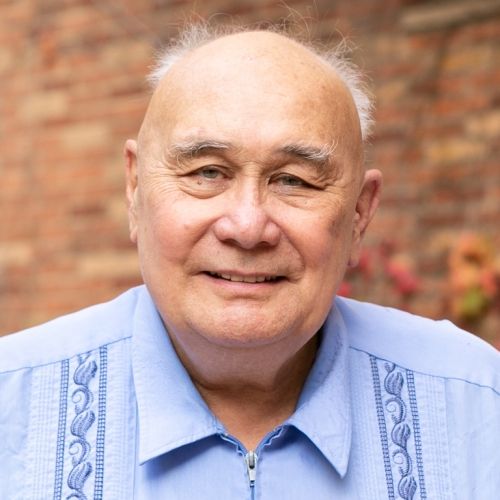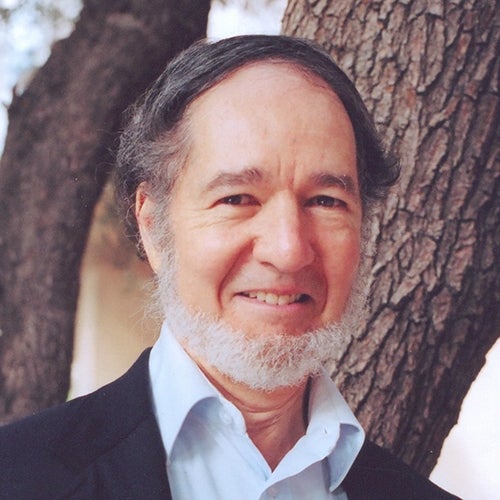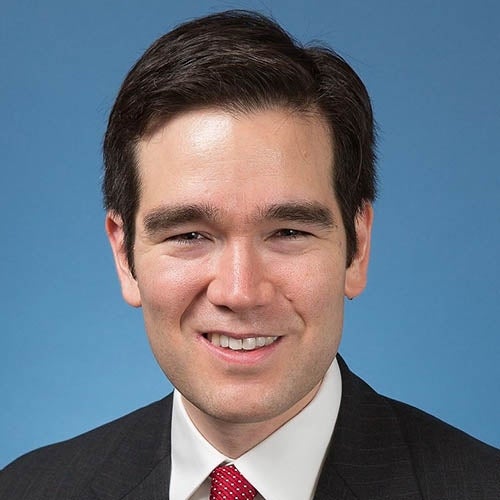UCLA-led research finds Americans drank more, smoked more, and exercised less during the COVID-19 pandemic
Analysis found a marked increase in sedentary behaviors, alcohol consumption, cigarette smoking, & a decline in exercise.

Americans drank and smoked more, have spent less time exercising, and spent more time in front of a computer or television in comparison to before the pandemic, a UCLA-led research team has found.
“We found that regulations to restrict non-essential activities and stay-at-home orders during the pandemic have had profoundly negative impacts on multiple lifestyle behaviors in American adults,” said Dr. Liwei Chen, UCLA Fielding School associate professor of epidemiology and lead author of the study. “As bad as these changes have been for all Americans, they disproportionately impact racial and ethnic minorities in the U.S., who already bear a higher disease burden from COVID-19.”
The research – “Changes of Exercise, Screen Time, Fast Food Consumption, Alcohol, and Cigarette Smoking during the COVID-19 Pandemic among Adults in the United States" – is published in the current edition of the peer-reviewed journal Nutrients, based in Basel, Switzerland. The study is led by UCLA researchers in collaboration with scholars from 10 other U.S. institutions, including the Center for Reducing Health Disparities at the University of Nebraska Medical Center.
The novel coronavirus disease (COVID-19), induced by severe acute respiratory syndrome coronavirus 2 (SARS-CoV-2), has caused a worldwide pandemic since March, 2020. About 5% of those infected had severe symptoms and needed intensive care, and as of September, 2021, more than 220 million people have been infected and 4.5 million have died worldwide. According to the U.S. Centers for Disease Control and Prevention, as of October, more than 702,000 Americans with COVID-19 have died since January, 2020.
“During the current pandemic, many countries, including the United States, implemented measures and recommendations to restrict non-essential activities and reduce the spread of the disease,” said Dr. Jian Li, Fielding School professor of environmental health sciences and a co-author. “While these restrictions are vital to reduce human-to-human infection of COVID-19, it is clear they result in a profound change in normal daily activities and behaviors, including exercise and eating patterns, as well as smoking and the consumption of alcohol.”
The research team surveyed representative samples of American adults from across the country in October, 2020, using 48 sampling criteria, including age, race, ethnicity, education, and gender, and were asked to report five lifestyle behaviors (i.e., exercise time, screen time, fast- food meal consumption, alcohol drinking, and cigarette smoking) before and during the COVID-19 pandemic.
Compared to before the COVID-19 outbreak, across those surveyed, the time spent on exercise decreased by 31.2%, while screen time increased by 60.4%. Alcohol consumption increased by 23.2% and smoking by 9%. The average consumption of fast food actually dropped, from 1.41 times/week before to 0.96 times/week during the pandemic.
“The observed decrease in fast food consumption is likely due to the stay-at-home order and the closure of fast-food restaurants during the pandemic,” Chen said. “Although the majority of our study’s participants, about 77 percent, reduced or did not see a change in their fast-food meal consumption, there were still almost 23 percent that increased how much fast food they ate in the same period.”
The researchers acknowledge their work has limitations; the survey was carried out at the peak of the pandemic in the U.S., so the changes in lifestyle behaviors may only reflect the peak of the pandemic. Nonetheless, there are lessons to be learned, researchers said.
“We found a marked increase in sedentary behaviors, alcohol consumption, and cigarette smoking, and a decline in exercise,” said Li, who is also affiliated with the Fielding School's Center for Occupational and Environmental Health. “Whether these persisted as the pandemic continued, and whether individual’s quality of life and health well-being are subsequently affected, has to be studied, but it is clear that resources and support that can help people maintain healthy lifestyles, during the pandemic and afterwards, are urgently needed.”
Methods: This analysis was conducted using data from the Health, Ethnicity, and Pandemic (HEAP) Study, designed by investigators from several universities, led by the Center for Reducing Health Disparities at the University of Nebraska. The HEAP survey was carried out by the National Opinion Research Center (NORC) at the University of Chicago. The HEAP is a cross-sectional study in design and the survey included questions related to mental health, lifestyle changes, racial discrimination, financial status, and healthcare use. Of those surveyed, 20.5% were from 18–29, 25.5% from 30–44, 24.2% from 45–59, and 29.8% were 60 or older. The study population reflected the racial/ethnic composition of the U.S., including Non-Hispanic Whites (61.3%), followed by Hispanics (16.7%), Non- Hispanic Blacks (11.9%), and Asian and Pacific Islanders (6.4%). Respondents’ answers were analyzed using SAS statistical software.
Funding: The “Health, Ethnicity, and Pandemic” (HEAP) study was funded by the Center for Reducing Health Disparities at University of Nebraska Medical Center, The Chinese Economists Society, and Calvin J. Li Memorial Foundation. Tong Xia was supported by a scholarship from Department of Epidemiology at the University of California Los Angeles (UCLA).
Data availability statement: The data presented in this study are available on request from the corresponding author and the Center for Reducing Health Disparities at University of Nebraska.
Citation: Liwei Chen, Jian Li, Tong Xia, Timothy A. Matthews, Tung-Sung Tseng, Lu Shi, Donglan Zhang, Zhuo Chen, Xuesong Han, Yan Li, Hongmei Li, Ming Wen, and Dejun Su. 2021. "Changes of Exercise, Screen Time, Fast Food Consumption, Alcohol, and Cigarette Smoking during the COVID-19 Pandemic among Adults in the United States" Nutrients 13, no. 10: 3359. https://doi.org/10.3390/nu13103359
The UCLA Fielding School of Public Health, founded in 1961, is dedicated to enhancing the public's health by conducting innovative research, training future leaders and health professionals from diverse backgrounds, translating research into policy and practice, and serving our local communities and the communities of the nation and the world. The school has 761 students from 26 nations engaged in carrying out the vision of building healthy futures in greater Los Angeles, California, the nation and the world.
Faculty Referenced by this Article

Dr. Anne Rimoin is a Professor of Epidemiology and holds the Gordon–Levin Endowed Chair in Infectious Diseases and Public Health.

Robert J. Kim-Farley, MD, MPH, is a Professor-in-Residence with joint appointments in the Departments of Epidemiology and Community Health Sciences

Industrial Hygiene & Analytical Chemistry

Associate Professor for Industrial Hygiene and Environmental Health Sciences

Dr. Joseph Davey is an infectious disease epidemiologist with over 20 years' experience leading research on HIV/STI services for women and children.

Dr. Hankinson is a Distinguished Professor of Pathology and Laboratory Medicine, and of EHS, and Chair of the Molecular Toxicology IDP
















































































